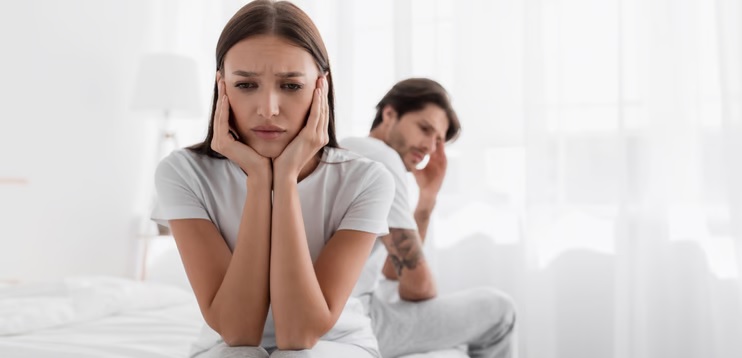The lack of sexual desire can be a serious health issue. It may result from an undiagnosed physical condition or be caused by unresolved emotional or relational concerns. If your lack of desire is not treated, it can lead to further problems and distress. You should seek professional help, including mental health services.
Hypoactive sexual desire disorder (HSDD) is a disorder in which there is an inability to achieve or maintain sexual arousal. HSDD can be categorized into generalized HSDD or situational HSDD. Generalized HSDD occurs in most sexual circumstances. Situational HSDD is defined as low sex drive that is associated with a major life change.
HSDD is a complex problem that can be difficult to diagnose. Because of this, therapists are investigating new strategies for treating it. A questionnaire can be a helpful tool. This questionnaire has five yes/no questions that can be used to assess a person’s state of sex desire. Results can be useful for counseling and self-help efforts.
Hypoactive sexual desire disorder is common and affects about 25 percent of all Americans. However, the prevalence of this condition varies by race, age, and educational level. People who have low desire may be embarrassed to seek help. They may have low self-esteem, which leads to a lack of interest in sex.
Low desire can be treated with hormone pills and therapy. There are drugs such as tadalafil, testosterone, and estrogen that can improve sexual function. Antidepressants such as Prozac can also affect your sex drive. Talking with a therapist can be helpful in identifying and dealing with mental disorders and relationship issues that may be contributing to your lack of desire.
If you have low sexual desire, it can be frustrating. Your feelings of rejection and shame can make you think that your sex drive has decreased and you will never be able to have the sex you crave. In reality, however, your sex drive is natural and fluctuates with your physical and emotional state. Consulting a men’s clinic in Jacksonville for medical guidance about your sexual health may prove beneficial.
Sexual desire in women is more complex than in men. It is affected by many different factors, including age, gender, social status, body image, and psychological issues. Although the exact cause is unknown, women tend to experience a lower desire than men. Medications and talk therapy can increase a woman’s sexual drive, as can lifestyle changes.
When a woman experiences a decrease in sex desire, it can negatively affect her relationships. A woman who has had a reduction in desire may be viewed less favorably by her partner and more easily turned off. For this reason, it is important to recognize and address any barriers to erotic interest in the relationship.
One of the most common reasons for low sex drive in men is depression. If you have a mood disorder, such as bipolar disorder, you might not feel as sexy as you used to. Medications such as flibanserin can be prescribed to treat the condition. Some men also benefit from hormone shots.





